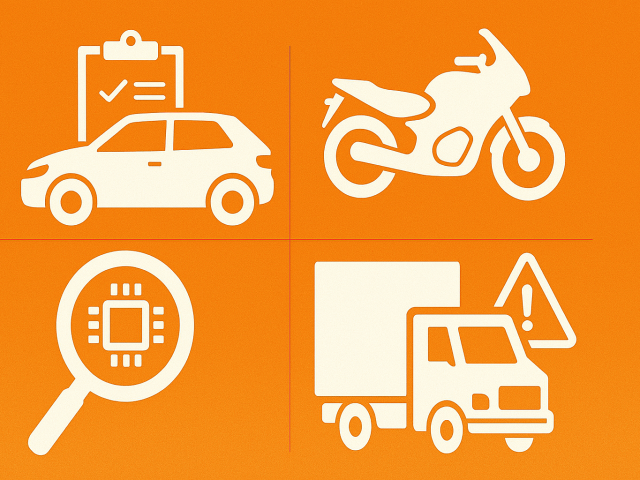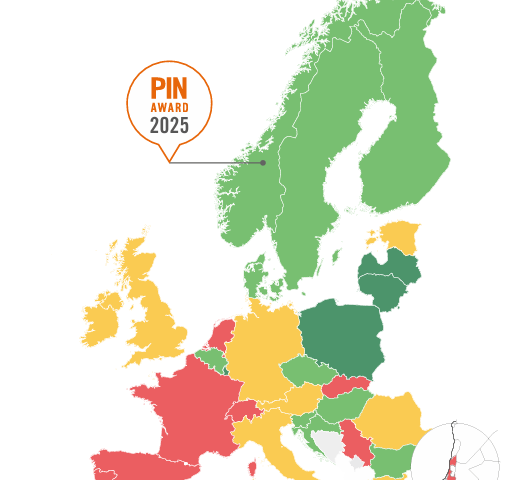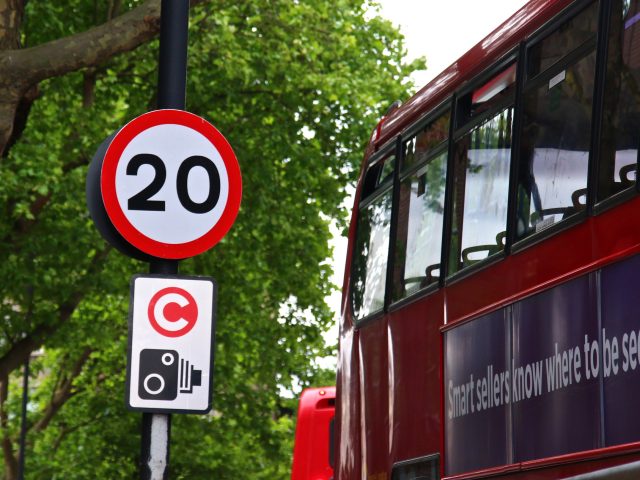Drink-Driving in Greece
Figures
According to the Hellenic Statistical Authority, 36 alcohol-related road deaths were recorded in 2018 out of 700 road deaths. Figures for 2019 were very similar: out of 688 road deaths, 34 were due to alcohol. It is estimated that, as in the majority of countries, about 23-25% of fatal road crashes are related to drink-driving. Data on alcohol-related road deaths for the year 2020 are not yet available.
National policies
The Ministry of Infrastructure and Transport is preparing the National Strategic Plan for Road Safety, announced in March 2021 and expected to be published by the end of 2021. Several actions are foreseen in the new Road Safety Strategic Plan for tackling drink-driving, including targeted enforcement and awareness campaigns in touristic areas. Alcohol interlocks are under consideration. Concerning traffic violations, the plan foresees a revision of the Traffic Code based on certain principles. One of them is the categorisation of the violations based on the degree of danger and frequency. Special focus will be put on the five most frequent violations that result in serious or fatal injuries, drink-driving included.
BAC limit and sanctions
The legal BAC limit for standard drivers is 0.5g/l
The legal BAC limit for novice and professional drivers is 0.2g/l
The table below shows the drink-driving sanctions in force in Greece.
| BAC (g/l) | Fine | Driving ban | Imprisonment |
|---|---|---|---|
| 0.50 g/l to 0.80 g/l | 200 € | ||
| 0.80 g/l/ to 1.10 g/l | 700 € | 90 days | |
| over 1.10 g/l | 1,200 € | 180 days | 2 months |
| over 1.10 g/l during 2 years after the previous violation | 2,000 € | 5 years | 6 months |
Enforcement
Police do not systematically test road users for alcohol.
The Greek traffic police conduct random breath testing but publish only the number of drink-driving offences. There were 31,557 drink-driving offences registered in 2019 and 19,096 in 2020 (39.5% reduction). Only drivers are tested for alcohol.
According to the statistical data for 2019 provided by the Hellenic Statistical Authority, out of the 18.153 drivers involved in road crashes, 1.954 (10%) were tested by blood alcohol test and 13.389 (73%) were tested by breath alcohol test. However, 2.810 drivers (15%) were not tested at all.
Rehabilitation and Alcohol Interlock programmes
No Alcohol Interlock rehabilitation programme in place.
However, it seems likely that, in the new Road Safety Strategic Plan, alcohol interlock rehabilitation programmes will be taken into consideration while drafting new measures to tackle specific categories of drink-driving offenders, such as recidivists.
Campaigns
The Road Safety Institute (RSI) “Panos Mylonas” in collaboration with Greek Traffic Police have coordinated the European Night Without Accidents (ENWA) campaign for 14 consecutive years in Greece. The campaign is run on the third Saturday of October; an important initiative that aims at raising awareness about drink-driving and promoting the “designated driver” concept.
Drink-driving is also a major part of RSI’s Traffic Safety and Mobility Education programmes for secondary school students. RSI’s “Do it Right” programme has been attended by more than 120,000 teenagers during the last 10 years who were trained both theoretically and practically with simulator equipment on the risks of driving under the influence of alcohol.
To read the full country focus click here.







